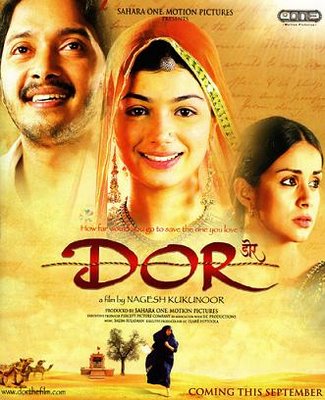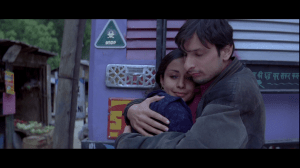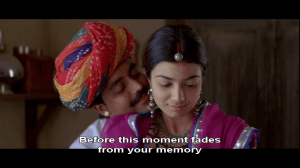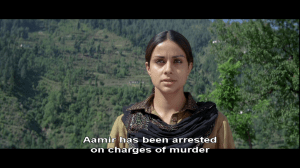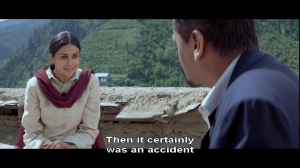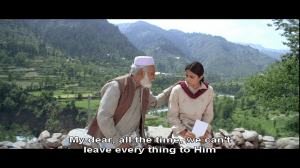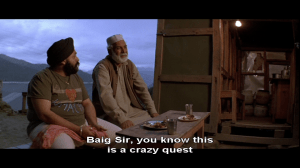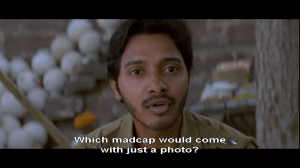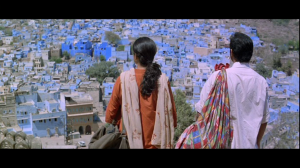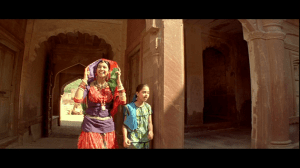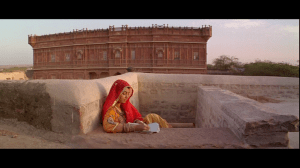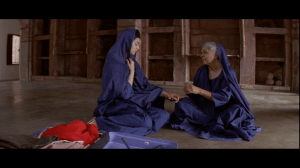
After a busy week I wanted something undemanding but still entertaining to watch, and what better than revisiting Ranveer Singh’s debut movie Band Baaja Baaraat. This fun romance was a sleeper hit back in 2010 and its aged reasonably well, mainly due to the great chemistry between the two leads. Add in all the glitz and glamour of several weddings with Salim-Sulaiman’s great soundtrack to make the perfect weekend watch on a cold wintry Melbourne day.

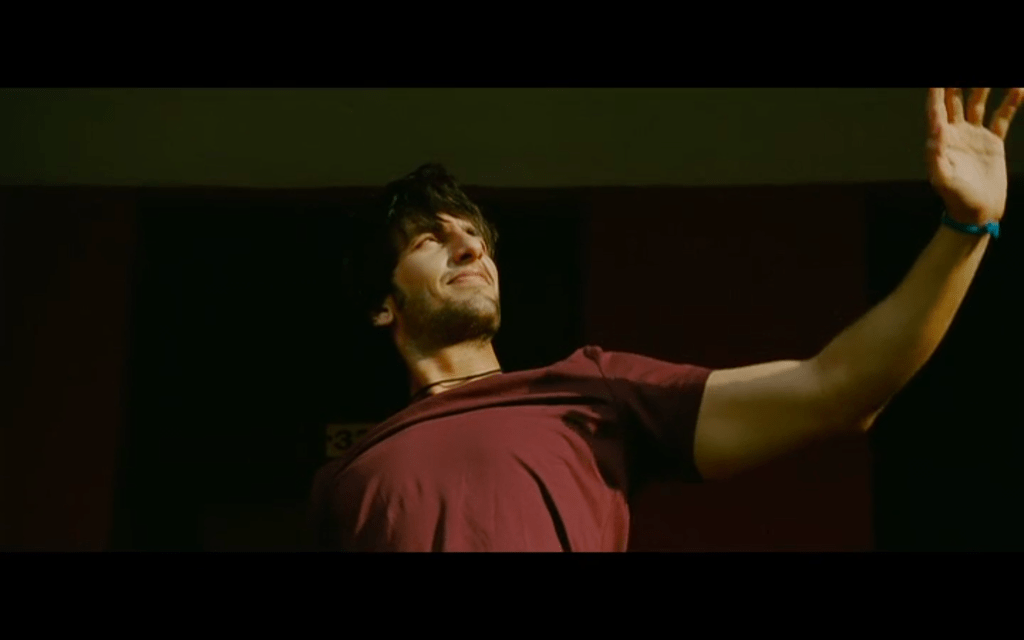

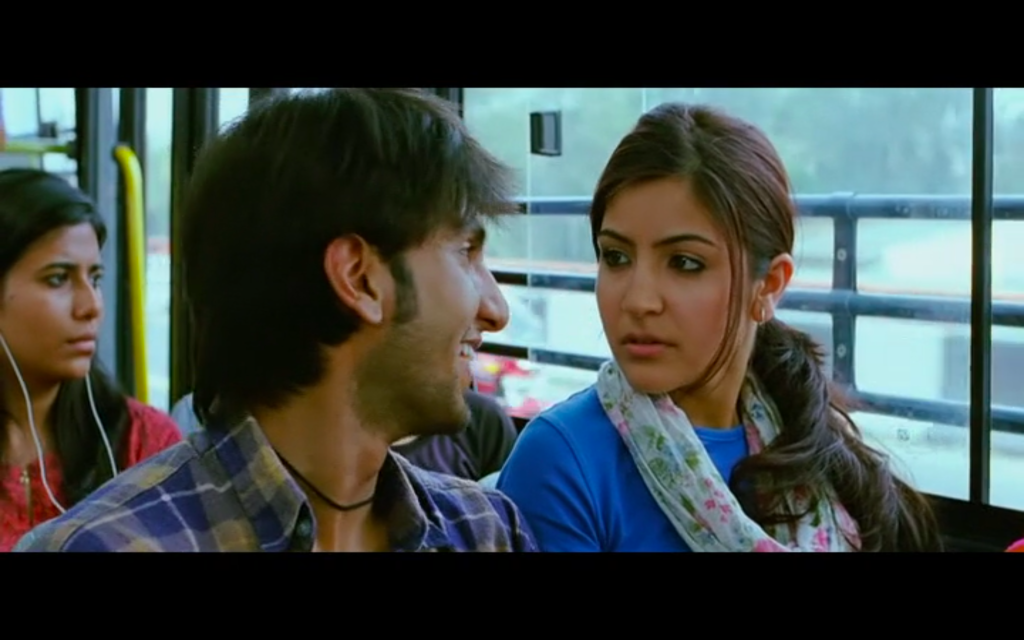
The film is essentially a standard filmi romance: boy meets girl, girl can’t stand boy, various incidents later girl falls for boy but he’s moved on and after tears, drama and outside interference, eventually everything works out fine. The difference comes in the setting, which here is the world of weddings and wedding planners, and in the convincingly human reactions Anushka Sharma’s Shruti displays when her romantic ideals fall short. The situations themselves are highly contrived and unlikely, especially the finale, but the emotions themselves are realistic and that’s what I enjoy about Band Baaja Baaraat.



When we meet Bittoo Sharma (Ranveer Singh), he’s a college kid, gate-crashing weddings with his friends for free food. But at Minki and Binny’s celebration, he’s spotted by Shruti Kakkar (Anushka Sharma) who calls him out as not being an invited guest. She’s helping with the organisation of the party as her ambition is to run her own wedding planner business and knows the key to success is not running out of food. Bittoo claims he is there with his friend to video the event and is immediately attracted to Shruti when he sees her dance. But after tracking her down, she rejects him firmly saying she doesn’t have time for romance as she is chasing her dream of her own business.
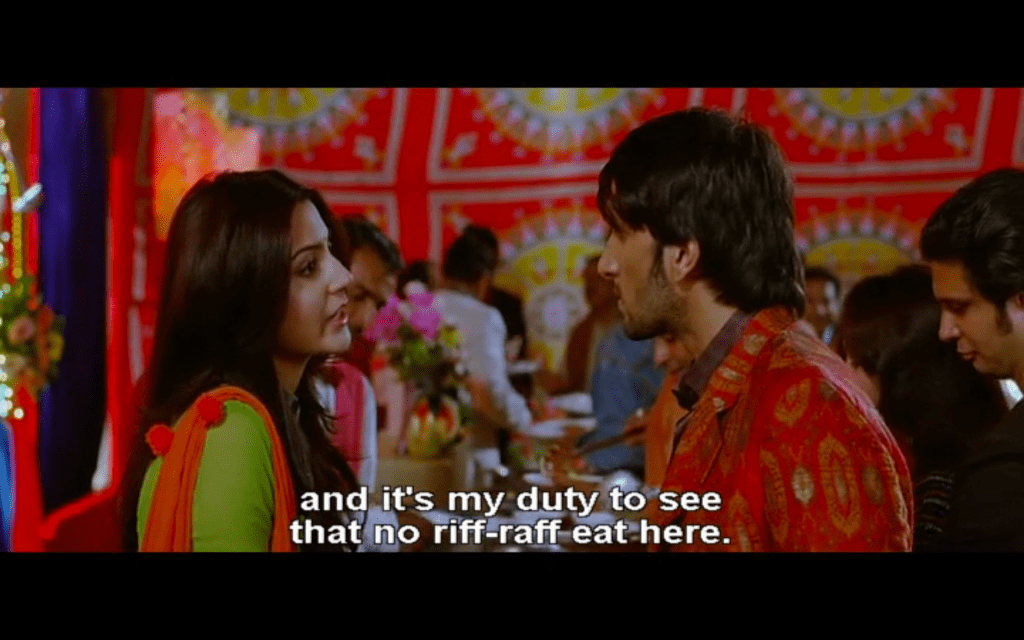


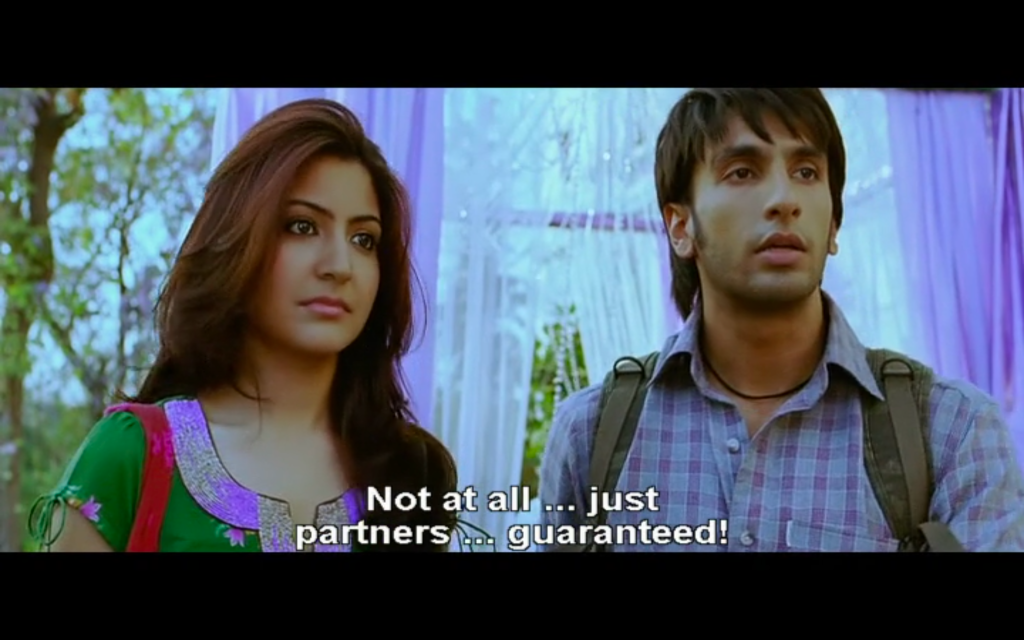
After being disillusioned by the shortcuts and cons run by famous wedding planner Chandra Narang (Shena Gamat), Bittoo and Shruti set up their own business partnership called Shaadi Mubarak. Shruti has a strict rule that love and business do not mix and this allows a genuine friendship to develop between Shruti and Bittoo. They each take care of their own part of the business and as Shaadi Mubarak become more and more successful, this translates into even bigger ideas. Bittoo is the one with more business savvy who pushes Shruti to work outside her comfort zone, while Shruti helps to keep Bittoo grounded with some of his more unachievable ideas.

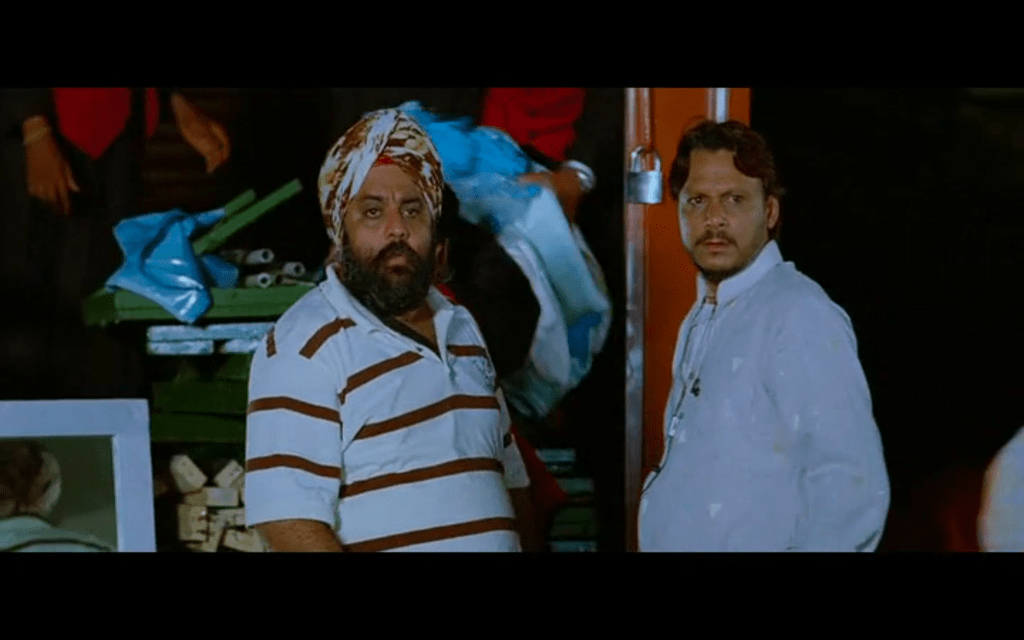

Anusha Sharma is charming as Shruti and is excellent in her portrayal of a college student who has great ideas and is able to capitalise on her dreams. She’s smart with quick come-backs but still has an innocence that allows her to be outraged when she finds out about Chandra’s short-cuts and scams. I also love that she thoroughly enjoys the weddings she plans and throws herself into the celebrations while still making sure everyone else is having a great time. It’s also interesting to watch Ranveer Singh in his first role and see the beginnings of the persona he now presents so confidently. He is clearly talented and his energy fits perfectly into the role of Bittoo. His all exuberance and joy is here, with hints of the traits we’ve come to see in many of his films. That irrepressible smile and barely contained energy reverberate off the screen in what is now classic Ranveer style. This was surely the perfect debut for him, and it helps that he has amazing chemistry with Anusha (which we see again in Ladies vs Ricky Bahl and Dil Dhadkane Do).
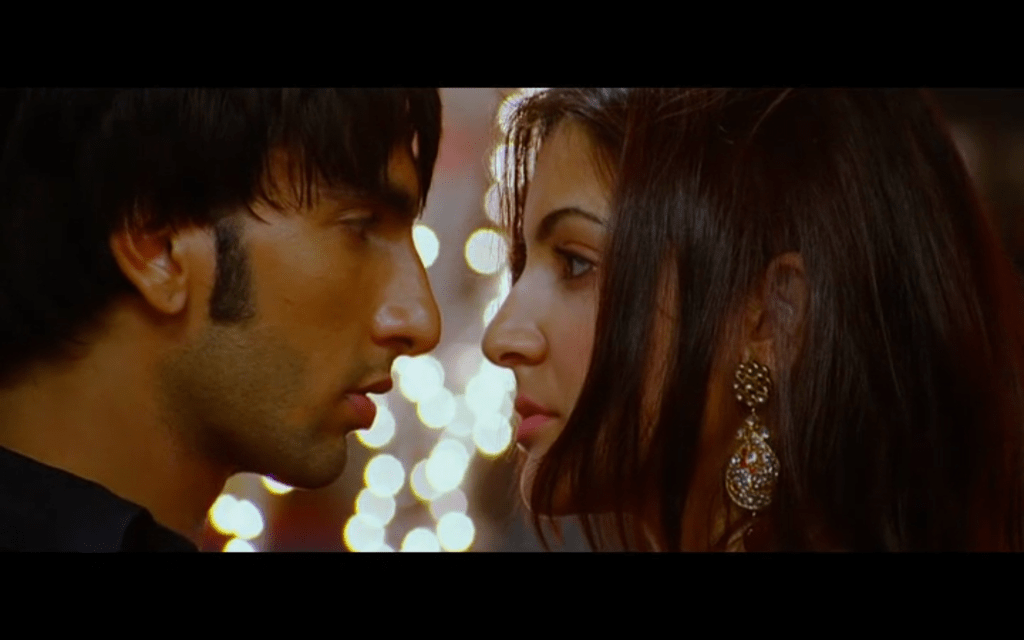
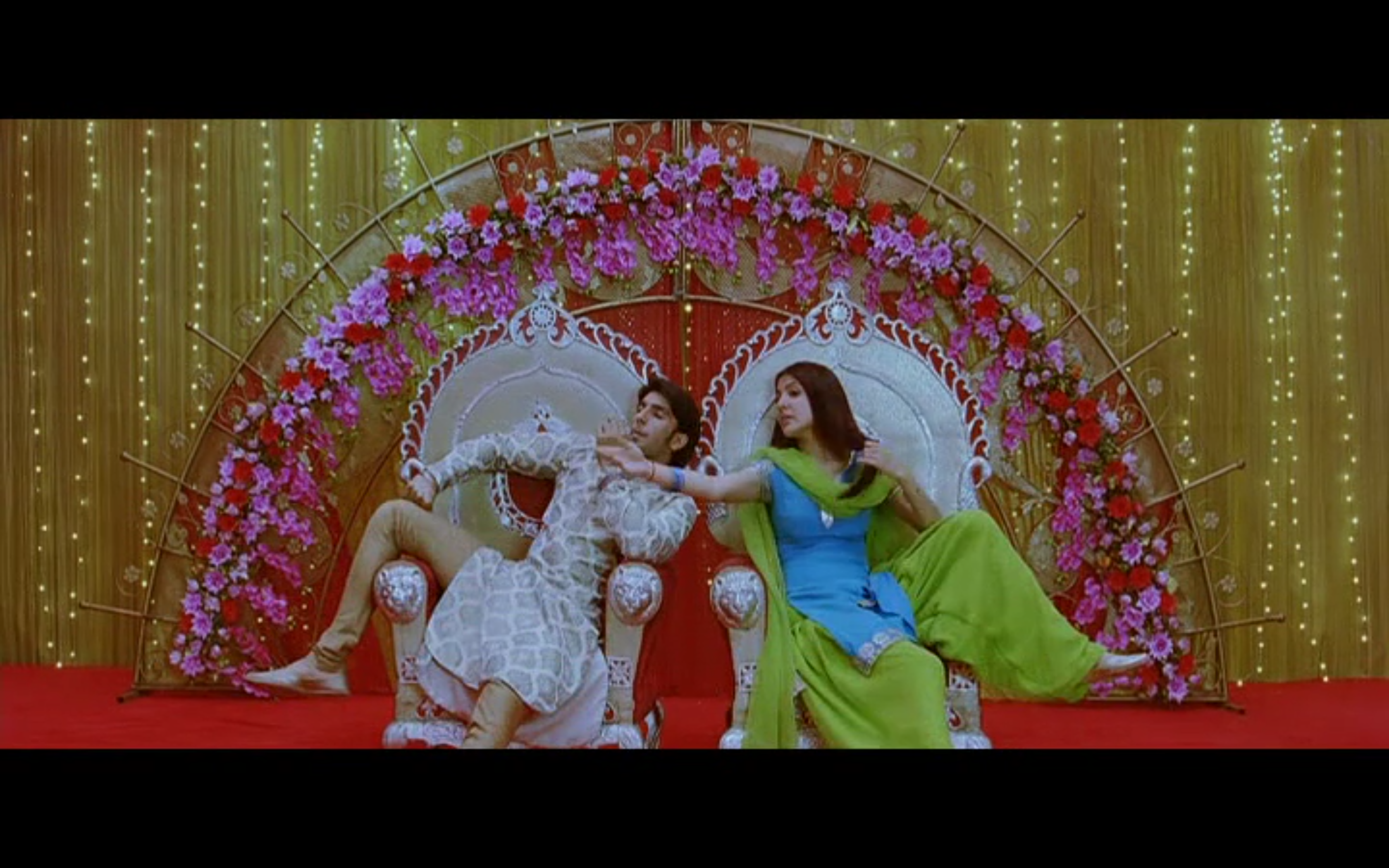
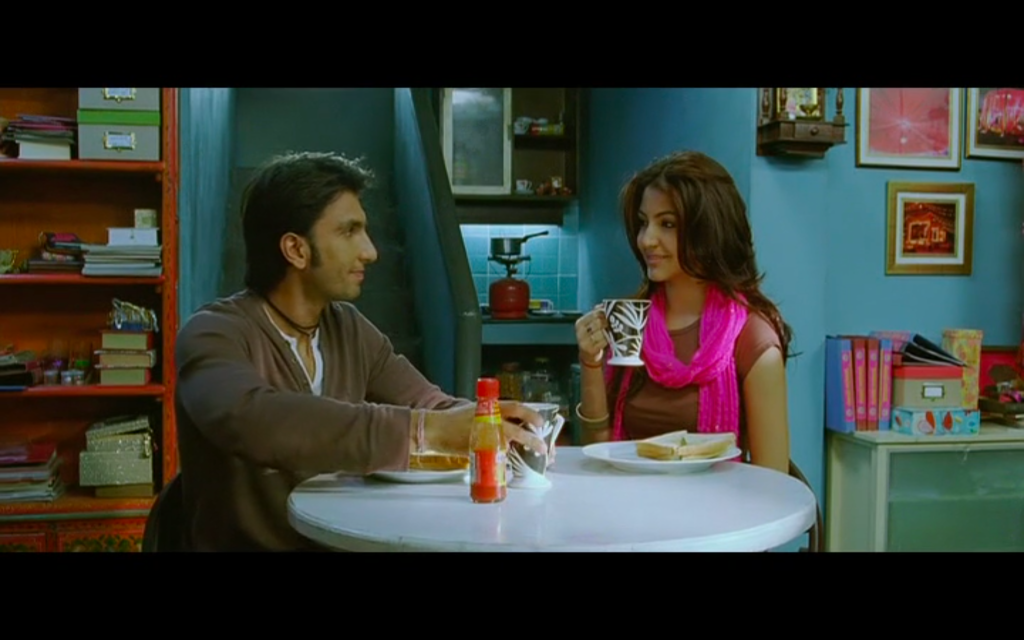
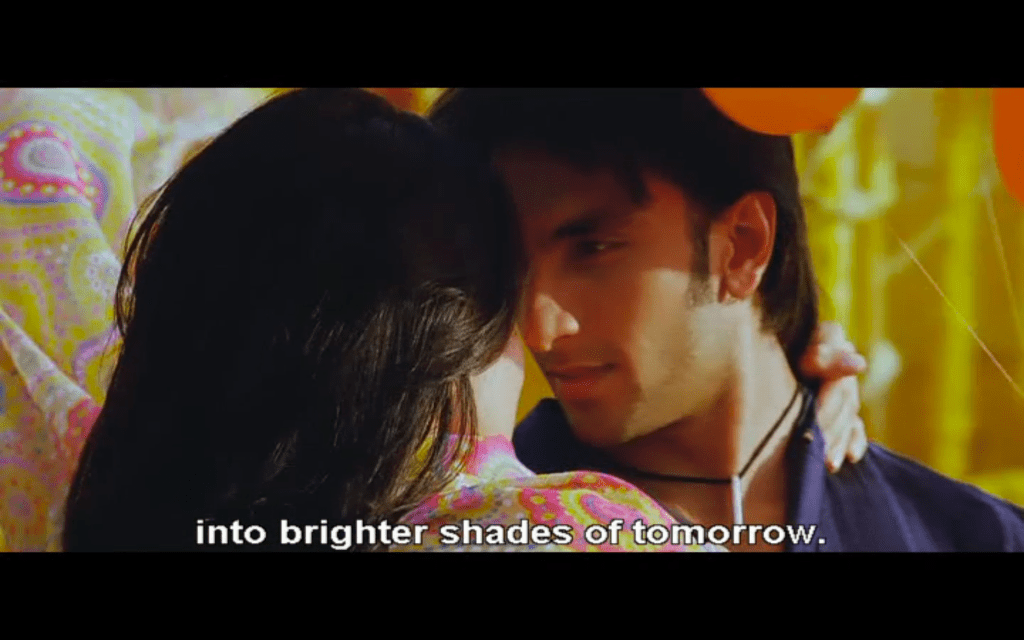
When Shruti and Bittoo end up spending a night together, the dynamic completely changes. Shruti sees it as a new chapter and the start of a romance, while Bittoo seems confused and unsure of what to do next. Bittoo has strictly followed Shruti’s rules and when she makes a move on him, it seems as if he doesn’t want to say no in case she is offended, but at heart doesn’t really want to go any further. But he’s a guy, so of course he’s not going to say no! But Bittoo is worried about the effect any romance may have on their working relationship and he’s also not looking for love and a permanent partner at this stage of his life. So, in his emotional confusion, when Bittoo tells Shruti it was a mistake, her first reaction is to save face and agree with him. But the pain and hurt build up and she lashes out, dissolving the partnership and breaking all ties with Bittoo. This seems a very honest and realistic response to me, and I totally understand Shruti’s motivations here. It was her idea in the first place and if Bittoo doesn’t want her, then she wants none of him either. I also think writer Habib Faisal gets Bittoo’s reactions just right as well. He’s also hurt by Shruti’s reaction and responds with anger and a desire to beat Shruti to show her she was wrong to reject his friendship. It all works well in terms of the emotional impact even if the resolution is rather less probable.

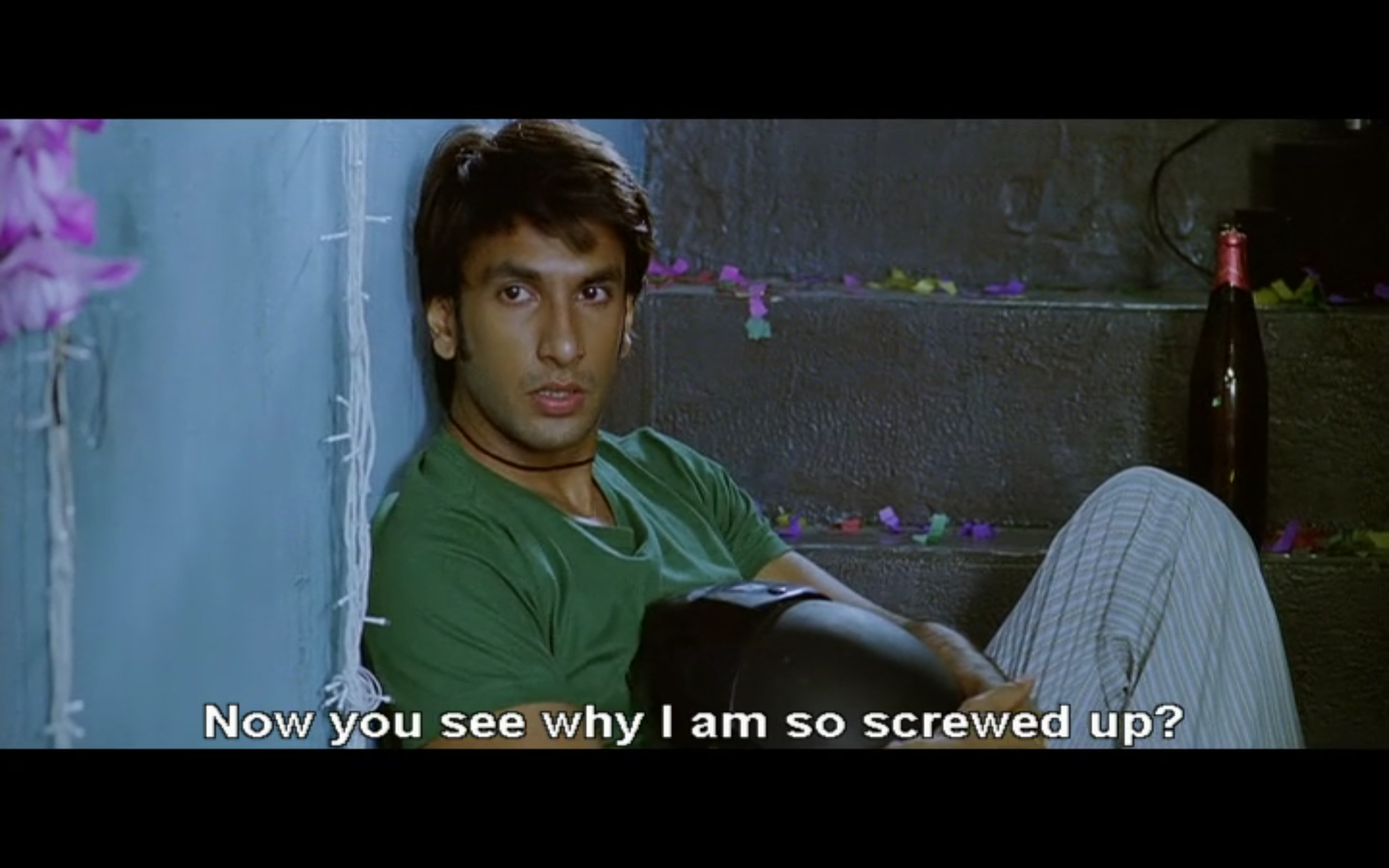
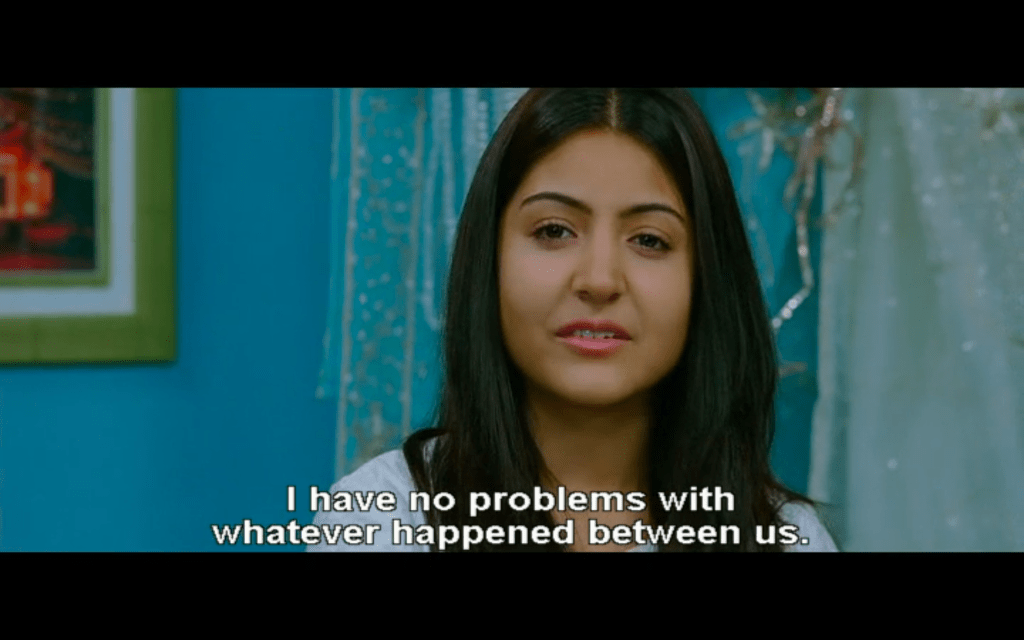


The supporting cast here are mostly peripheral to the story, but they serve as sounding boards for Bittoo and Shruti and call out the worst of their behaviour. Neeraj Sood as the florist Maqsood and Manmeet Singh as the caterer Rajinder are both very good and have the most impact to the story, but Puru Chibber and Revant Shergill as Bittoo’s friends are also good. There are so many excellent references to real life in the dialogue as well, which always make me smile. For instance, I love how Bittoo steps up to deliver the final big song and dance routine when Shahrukh is unable to attend the big society wedding at the end. So good on so many levels!
Salim-Sulaiman’s soundtrack is excellent and provides an upbeat background for the story. The hook from Ainvayi Ainvayi plays throughout the background music which helps anchor the story firmly in celebration mode while bringing the focus back to Bittoo and Shruti as it’s ‘their song’. Habib Faisal’s screenplay suits the upbeat approach taken by writer/director Maneesh Sharma and the whole film explodes with colour thanks to Aseem Mishra’s excellent cinematography. Even 12 years on, this is still a fun film and a great start to Ranveer’s career. Well worth revisiting! 4 stars.
























